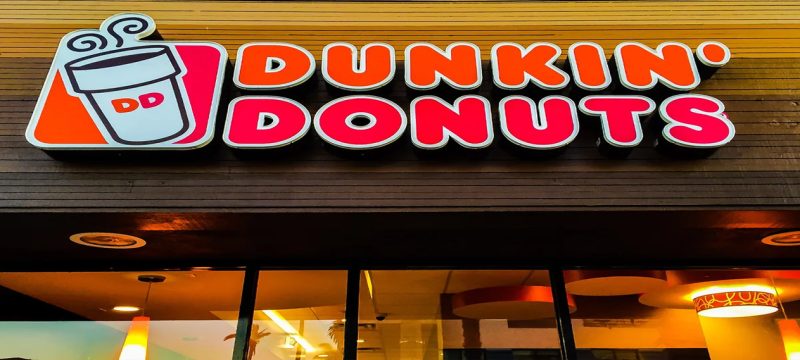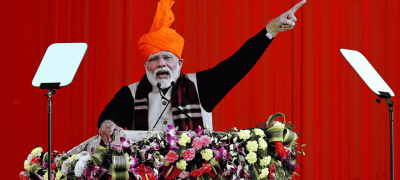The dunkin donuts boycott has become a trending topic worldwide. It started from political debates and quickly spread across social media. Many people are now asking whether they should support or reject Dunkin.
In this blog, we will explain what the boycott means, why it started, who supports it, and what it means for consumers and brands.
What Is the Dunkin Donuts Boycott?
A boycott is when customers stop buying from a company to protest its actions or policies. In Dunkin’s case, the boycott is tied to politics and advertising decisions.
The issue began when the CEO of Rumble, a video platform, claimed that Inspire Brands (the parent company of Dunkin) refused to advertise on Rumble. He said Dunkin avoided Rumble because of its “right-wing culture.”
This statement upset many conservatives. They accused Dunkin of being politically biased. Soon, calls for a dunkin donuts boycott appeared online.
Who Is Supporting the Boycott?
The boycott gained momentum when MAGA influencers and conservative figures joined. Personalities like Steven Crowder and others encouraged their followers to avoid Dunkin products.
Supporters argued that Dunkin was unfair to conservative audiences. They compared it to other brands accused of “going woke.”
These voices helped the boycott spread beyond the U.S., as online debates reached global audiences.
Public Reactions on Social Media
Social media has been central to the boycott. The hashtag #BoycottDunkinDonuts trended on Twitter (now X), TikTok, and Instagram.
Some users said they would never buy Dunkin again. Others mocked the boycott, saying they would buy more Dunkin products in response.
This split shows how consumer boycotts are often political. They become less about coffee and more about values.
How Past Boycotts Help Explain This
The Dunkin case is not the first of its kind. Other global brands faced similar backlash:
- Bud Light faced a boycott in 2023 after a campaign with a transgender influencer.
- Starbucks has been targeted multiple times for political and social reasons.
- Nike was boycotted when it supported Colin Kaepernick’s protest movement.
In each case, social media amplified the voices of critics. But sales impact was often temporary.
How Boycotts Affect Businesses
Boycotts can hurt a brand in different ways.
- Sales Impact: If large numbers join, companies may lose revenue.
- Reputation: Even if sales stay strong, the brand’s image can suffer.
- Polarization: Some customers leave, but others may buy more in support.
- Media Attention: News coverage spreads the boycott beyond the original group.
For Dunkin, the financial impact may not be huge. But the brand now faces a reputation test.
Dunkin’s Silence
One reason the boycott continues is Dunkin’s silence. The company has not given an official response.
For some customers, this silence looks like guilt. For others, it shows that Dunkin does not want to be dragged into politics.
Many experts believe the company is trying to avoid making the situation worse by taking sides.
The Role of Inspire Brands
Dunkin is owned by Inspire Brands, which also owns Arby’s, Sonic, Baskin-Robbins, and Buffalo Wild Wings. This means the boycott could extend to other brands if critics push further.
For Inspire Brands, the key challenge is balancing advertising safety with neutrality. They must decide which platforms are safe for ads without appearing politically biased.
Consumer Activism Today
The Dunkin boycott highlights a new era of consumer activism. Customers no longer just buy coffee. They connect purchases to identity and values.
A simple drink choice can now feel like a political statement. This shift forces companies to rethink their marketing and communication.
Could the Boycott Last?
The long-term success of a boycott depends on two things:
- Commitment of Consumers – Most boycotts lose energy after initial outrage.
- Company Response – Clear communication can calm debates. Silence can fuel anger.
For Dunkin, the boycott may fade if media attention shifts elsewhere. However, if the company takes a strong stand, it could either end the controversy or make it bigger.
Lessons for Global Brands
This boycott teaches important lessons for all businesses:
- Stay transparent about ad policies.
- Avoid alienating large groups of customers.
- Monitor social media closely.
- Remember that silence can sometimes do more harm than good.
Companies that learn from these lessons can avoid becoming the next target.
FAQs About the Dunkin Donuts Boycott
Q1: Why is Dunkin being boycotted?
The boycott began after Rumble’s CEO claimed Dunkin refused to advertise on the platform because of its “right-wing culture.”
Q2: Who started the boycott?
Conservative influencers and MAGA supporters started promoting it online.
Q3: Did Dunkin respond to the claims?
No official statement has been released from Dunkin or Inspire Brands.
Q4: Will the boycott affect sales?
Short-term sales may dip, but long-term impact depends on customer loyalty and company strategy.
Q5: Is this boycott global?
The boycott started in the U.S. but gained worldwide attention through social media.
Final Thoughts
The dunkin donuts boycott shows how business decisions can spark political debates in today’s world. It highlights the power of social media, consumer activism, and identity-driven choices.
For Dunkin, the controversy may not destroy sales. But it raises questions about brand responsibility in a divided society.
As consumers, we can see that buying a cup of coffee is no longer just about taste. It can also reflect values, beliefs, and identity.
The Dunkin boycott will be remembered as another example of how companies face new challenges in the digital age.
Read Also: Social Welfare In Pakistan: Support, Aid & Hope







